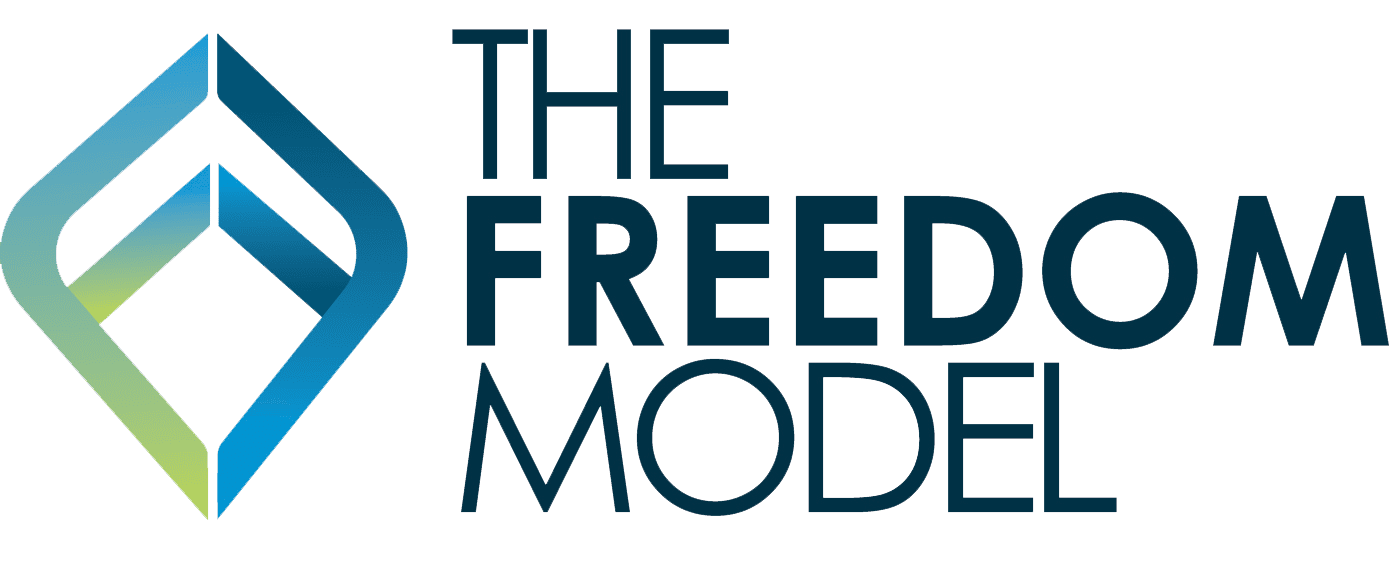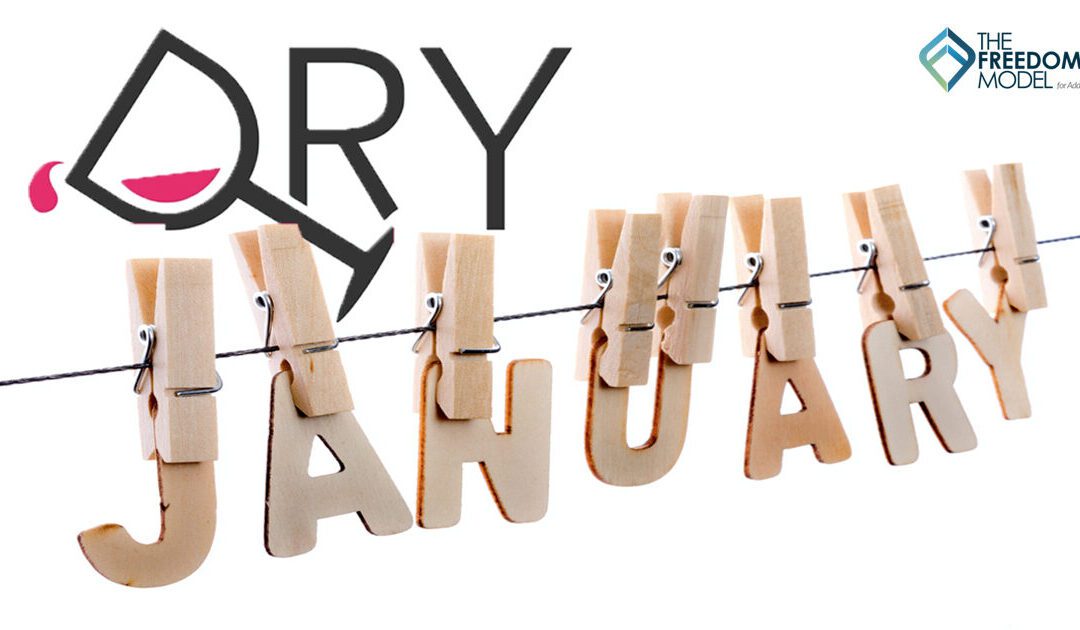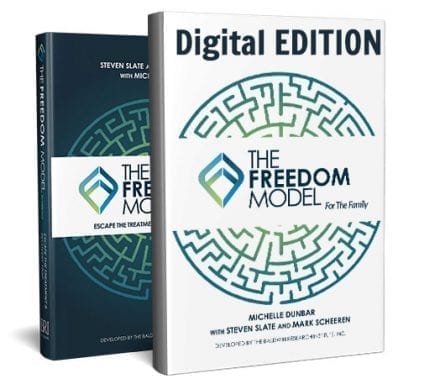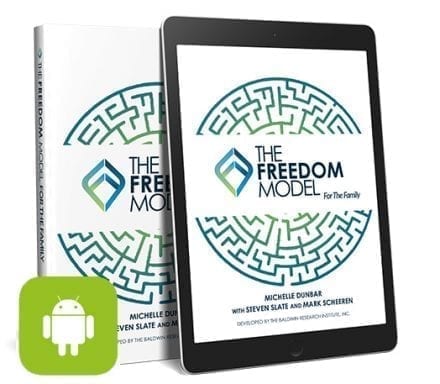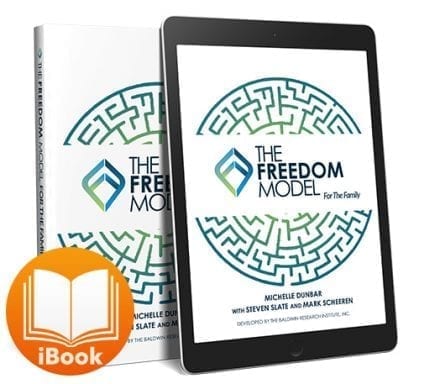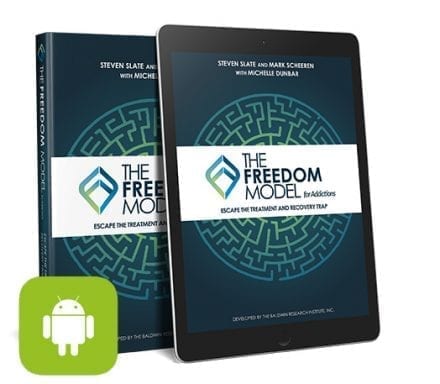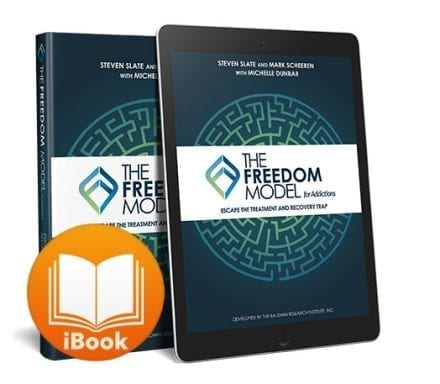For the past few years there has been a movement that began largely on social media called Dry January. This is where people pledge to remain abstinent from alcohol for the entire month of January. Certainly there are health benefits to not drinking, especially if you have a habit of drinking heavily often. Many people use the month of January to adjust all kinds of bad habits they developed during the previous year or during the holiday season. But what if you’ve found yourself struggling to change your drinking habit? Does this mean you’re an “alcoholic”? Should you talk to a doctor or therapist about your drinking? Should you check yourself into a rehab or treatment program? No, you’re not an alcoholic – there is no such thing. No, you don’t necessarily have to talk to a doctor or therapist; and No you should not check yourself into a rehab. You can answer the following questions to assess how serious the problem may be for you and why you are struggling:
- Do you experience the following symptoms 8-12 hours after you’ve stopped drinking: shakes/tremors, sweating, nausea/vomiting, severe anxiety, heart racing, extreme agitation, headache, seizures?
If you experience any of these symptoms, you are experiencing alcohol withdrawal. To be safe we recommend that you contact your doctor, seek an alcohol detox center, or go to your nearest emergency room as alcohol withdrawal can be life threatening. Once you have successfully and safely detoxed from alcohol which usually takes 3-5 days, then you have removed a physical reason to keep drinking which will make choosing to not drink much safer and easier.
- Do you find that you are completely committed to not drinking at one time of day, then waiver on that commitment at another?
This is due to habitual thought and behavior patterns. Many people drink at the same time of day every day, such as when they get home from work or when they are cooking dinner. It’s important to know that this is simply a habit and habits are comfortable. It can be quite uncomfortable when changing a well-entrenched habit. It may be helpful when first working to change a habit to replace that behavior with a different activity that you like as well – such as when you get home taking a walk or making yourself a “mocktail” with your favorite ingredients except alcohol, or slip into your most comfortable clothes and make a hot beverage without alcohol. The goal is to be proactive in finding ways you can be happier without the drink.
- Are you waiting to become more motivated to not drink?
If January 1st has come and gone and you’ve found yourself waiting for the motivation to change your drinking habit, that motivation may never come. If you are drinking more than you want and you hate yourself for it, perhaps it’s time to put the action before the feeling. Instead of beating yourself up in your mind for drinking, write down what you like about drinking, without judging yourself; and then write down what you will like about not drinking. Think of the benefits of each choice – NOT the negative consequences! And you will find that once you clear away all of that negative thinking about drinking and about yourself and only focus on benefits, choosing not to drink will become easier.
- Are you committed to making a change but you feel out of control?
If you’ve been to treatment, counseling, support group meetings, or rehab, or if you have close family or friends who are “in recovery” and/or are telling you that you’re an alcoholic who is out of control, you may have taken on that erroneous belief and the self-image of an alcoholic. This belief system can leave people feeling helpless and hopeless. For these people the key to changing is to learn what addiction actually is and what it’s not. While it’s true that the current addiction treatment system in our country is based on the idea that people are powerless and suffering from a permanent disorder or disease called addiction or alcoholism, there is no credible research to support that there is a disease or disorder that renders people powerless. And there is a plethora of research that shows that there is no loss of control, and all substance use is always voluntary.
There is a growing movement in our country and the western world of researchers, treatment professionals, and laypeople who are rejecting the addiction disease theory and working to show people that they never lose control of their substance use and that they have the innate power and ability to change their substance use habits and solve their problem for good.
If you committed to having a Dry January and it’s been a struggle for you to stick to it, this doesn’t mean you’re an alcoholic or that you have a disorder or disease compelling you to drink. It doesn’t mean that you’re weak willed, and it doesn’t mean that you’re a bad person. It simply means that you still want to drink. You have personal reasons why you would rather drink than not drink, so instead of beating yourself up for doing what you still want to do, start by sitting down and thinking about what you still like about it – without judgment. Then think about what you will like about not drinking, and then give not drinking a try for a while. Believe it or not, based on the research, that’s how most people who once qualified as having what is now called Alcohol Use Disorder stop drinking and solve their problem.
 Michelle Dunbar is the Executive Director of Baldwin Research Institute, Inc., the Director of the St Jude Retreat, and co-author of The Freedom Model for Addictions and The Freedom Model for the Family. She is a co-host of The Addiction Solution Podcast that is available on most streaming services. Ms. Dunbar has more than 30 years’ experience researching addiction and helping people to solve their addiction and move on with their lives. If you or someone you love is struggling, and you’re seeking a solution, go to www.TheFreedomModel.org or call 1-888-424-2626.
Michelle Dunbar is the Executive Director of Baldwin Research Institute, Inc., the Director of the St Jude Retreat, and co-author of The Freedom Model for Addictions and The Freedom Model for the Family. She is a co-host of The Addiction Solution Podcast that is available on most streaming services. Ms. Dunbar has more than 30 years’ experience researching addiction and helping people to solve their addiction and move on with their lives. If you or someone you love is struggling, and you’re seeking a solution, go to www.TheFreedomModel.org or call 1-888-424-2626.
